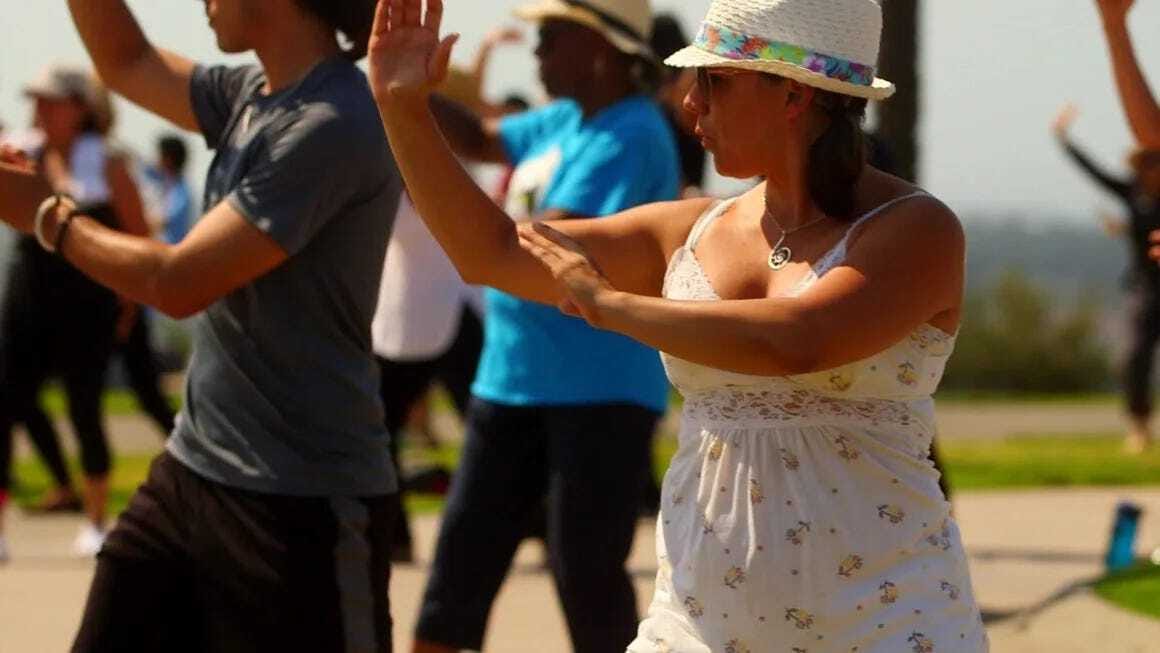- White Coat Underground
- Posts
- Exercise Matters
Exercise Matters
In more ways than you think
I have one of those brains that’s particularly susceptible to boredom. Like many people, I’m not one to sit in the car driving silently—I need an audiobook, podcast, or music. If I forget my earbuds when I go to the gym, it’s torture. Not that I don’t benefit from silent introspection—I just find solitary silence much more challenging than just about anything else.
One way to get the benefits of both silent introspection and actively engaging your brain is exercise. I find it much easier to hike or canoe alone than I do sitting in a room alone. And science shows us that there are big benefits to exercise combined with thinking.
I was listening to one of my favorite podcasts in the car this morning (because of course silence is unacceptable) and they discussed a new study on the effect of exercise on brain health.
There were a lot of things this study did right. As we discussed yesterday, how you ask a question matters—it’s important to ask a question and see what answer the data give you, not ask over and over until you get the result you want. This study used a formal technique called “pre-registration” where you essentially say publicly, “these are the questions we are asking.” That way you aren’t tempted to say after you’ve collected the data, “well, we didn’t get the answer we wanted so let’s ask the questions differenty and see if we can get the answer we really wanted.”
Another thing this study did relates to a current hot-button issue in the US. The included this statement:
Equity, diversity and inclusion statement
The author team is comprised of student and senior researchers across various disciplines. A wide range of demographic, socio-economic and cultural backgrounds were included in the study populations, including from low- and middle-income countries.
This is critically important. When you do a study, you are using a smaller group of people to draw conclusions that can be used more generally. If, like some of the older studies I cited in yesterday’s piece, you only include men, then you cannot apply your findings to women. If your study is, for example, male Danish teens, you can’t assume that your findings apply to any other group.
So the authors of this study asked a question, made sure to include a broad group of people to improve the validity of the study, and they found some interesting patterns.

The broadest conclusion was that, “[o]verall, exercise interventions improved general cognition, memory and executive function with a small-to-moderate effect across the lifespan and health status.”
But it’s the details that get more interesting. They note that:
Children/adolescents and those with ADHD experienced the greatest improvements in memory and executive function, respectively. All exercise modalities were effective, with exergames benefiting cognition most and mind-body exercises benefiting memory most. Gains were unaffected by frequency, duration or intensity, but 1–3 month interventions showed larger cognitive improve-ments than longer ones.
Children with ADHD showed relatively large improvements in working memory and executive function, the exact areas that are weaker for them.
For memory, mind-body exercises such as Tai Chi and yoga were particulary beneficial. What’s more, these activities are generally safer for older adults and also more “doable”. As you age, you might not be able to do the same intensity of exercise, but these activities can be modified for an aging body.
One of the most interesting findings was that “exergaming” was particularly beneficial. This could obviously have huge implications for how we help kids with ADHD, autism, and other disorders that affect cognition, executive function, and working memory.
Finally, “…the beneficial cognitive outcomes of exercise documented in this study were independent of session frequency, duration or intensity.” It doesn’t seem to be the case that more is always better. Intermittent exercise is beneficial. Exercise programs lasting 1-3 months were more effective than longer ones. It probably helps to change up the routine every couple of months.
We’ve known for a long time that exercise is good, of course, but this gives us some important details—kids with ADHD benefit from exercise especially, and exergames may be a good tool. Adults improve memory and thinking with even modest amounts of irregular exercise.
So give yourself credit for that short walk, that montly Tai Chi class. Maybe you got bored of yoga after a few months—go ahead and try something else. Consistency isn’t actually that important. Just get out there and do something that is within your physical abilities.
Stay well.
-pal